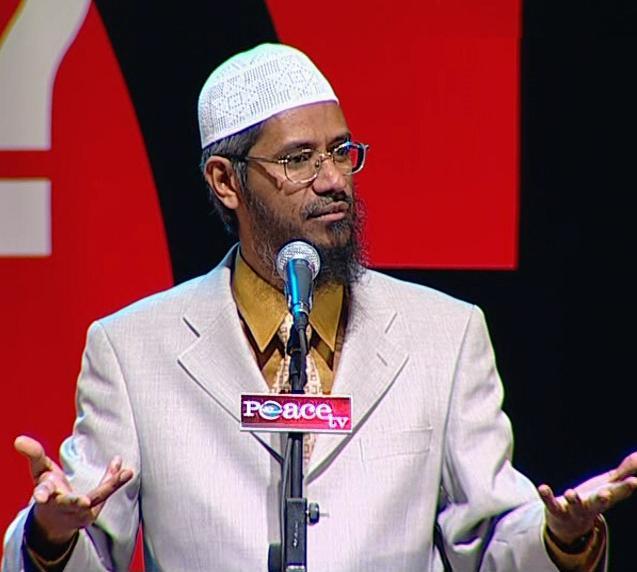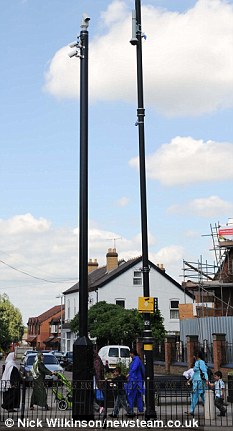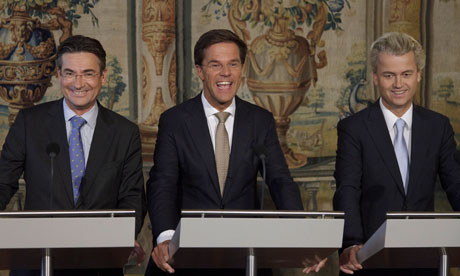The right of a Muslim woman to wear a niqab while testifying in a criminal trial may be determined by judges on a “case-by-case assessment”, Ontario’s highest court has ruled. The court also set up a framework for lower courts to apply in balancing a defendant’s rights with a veiled woman’s religious freedoms.
A lower court had ordered a woman to remove her veil, prompting the appeal. The case involved a 32-year-old Muslim woman who alleged that her cousin and uncle had repeatedly sexually abused her when she was a child. A lower court judge ordered the woman to remove her veil during a preliminary inquiry, sparking controversy in the Canadian Muslim community. The Superior Court then quashed that decision following an appeal.
The Ontario Court of Appeal said on Wednesday that Muslim witnesses should have the chance to explain their religious convictions and demonstrate why removing the niqab would offend those beliefs. But they must remove the traditional head covering to testify if the court decides that the veil jeopardises a fair trial.
“If, in the specific circumstances, the accused’s fair trial right can be honoured only by requiring the witness to remove the niqab, the niqab must be removed if the witness is to testify,” the court said.

 A controversial Islamic preacher who was banned from entering the country by the Home Secretary Theresa May has claimed that he was twice approached by security officials who wanted him to help educate disaffected young British Muslims.
A controversial Islamic preacher who was banned from entering the country by the Home Secretary Theresa May has claimed that he was twice approached by security officials who wanted him to help educate disaffected young British Muslims. British police apologized Thursday for a counterterrorism project that installed surveillance cameras in predominantly Muslim neighborhoods, saying that although the cameras had never been switched on, the program had damaged trust and caused anger in the community.
British police apologized Thursday for a counterterrorism project that installed surveillance cameras in predominantly Muslim neighborhoods, saying that although the cameras had never been switched on, the program had damaged trust and caused anger in the community.
 An Islamic scholar barred from entering the UK for his “unacceptable behaviour” has won the first round of his court battle against the Home Secretary’s ruling. A High Court judge decided the case for Dr Zakir Naik should be fast-tracked despite objections from Theresa May’s lawyers.
An Islamic scholar barred from entering the UK for his “unacceptable behaviour” has won the first round of his court battle against the Home Secretary’s ruling. A High Court judge decided the case for Dr Zakir Naik should be fast-tracked despite objections from Theresa May’s lawyers.